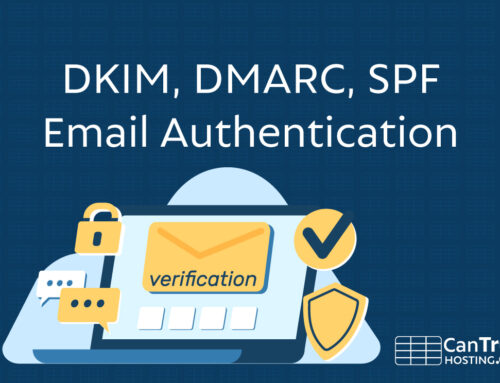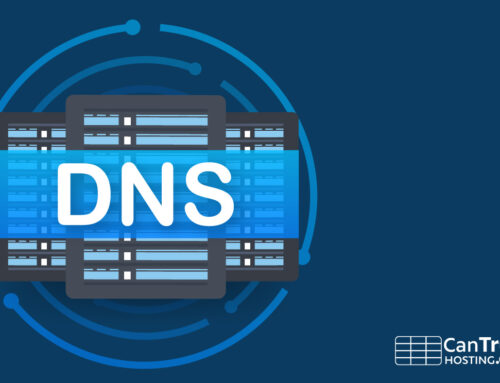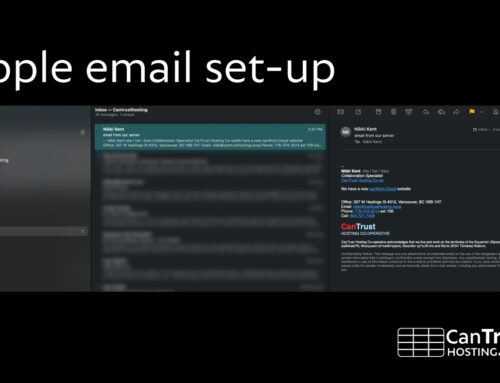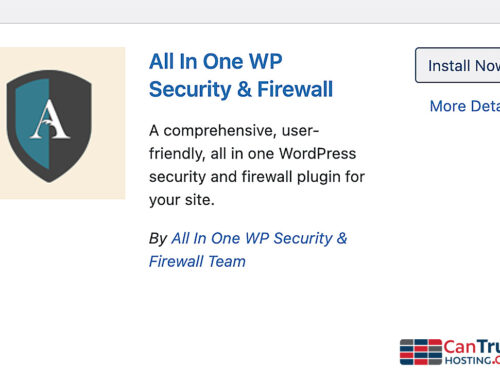Website Hosting
Website hosting companies have the resources and infrastructure to manage the complex tasks associated with running a website. They provide space on their servers for you to store all the files, images, videos, and other data that make up your site. This could range from static HTML files to dynamic web apps (WordPress or Drupal). These companies also manage the technology that makes your site available on the internet 24/7, ensuring it’s secure, running smoothly, and is able to handle the traffic coming to your site.
Website hosting can come in several forms. Shared hosting is the most affordable option and involves sharing server space with other websites. It’s suitable for small businesses or personal sites with low to medium traffic, and no critical infrastructure or PII. A dedicated hosting plan, on the other hand, offers you an entire server for your website. This is more expensive, but it gives you a lot more control and resources, making it a good choice for larger businesses with high traffic websites.
Other forms of hosting include Virtual Private Server (VPS) hosting, which gives you a dedicated portion of a server, providing scalability and reliability, and speed.
The Relationship between Domain Name Hosting and Website Hosting
Domain Name Hosting and Website Hosting are both crucial parts of having an online presence, but they serve different functions. Domain name hosting is about owning and managing a domain name, while website hosting is about storing and managing the website’s files and data.
The two don’t necessarily have to be with the same company. You can register your domain with one company and choose a different one to host your website. However, many hosting providers offer both services, making it more convenient to manage everything in one place.
Remember, your domain is like your online address. It points to the server where your website is stored. When someone types your domain name into their browser, the browser communicates with the server, and the server delivers the website files to the browser to display your website.
This should be in the company name, using a role based email address, so the company will always have access to their DNS.
In short, you need both a domain and a website hosting service to have a fully functional website. The domain is your address, while the hosting service provides and maintains the building (your website) at that address. It’s essential to choose reliable providers for both to ensure your website runs smoothly and is accessible to visitors at all times.






